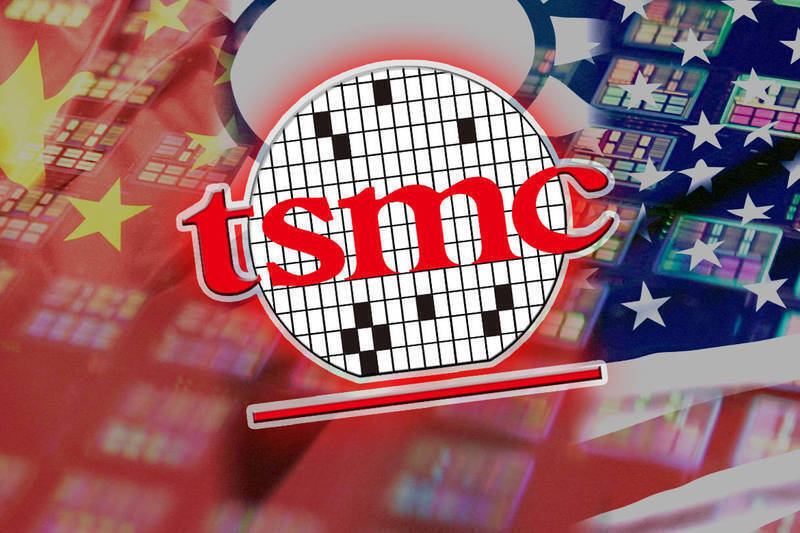American scholars suggest that the Biden administration should avoid the ban on China's semiconductors from turning into a military conflict.
(Reuters, synthesized by this newspaper)
[Financial Channel/Comprehensive Report] Dale Copeland, a professor at the University of Virginia in the United States, wrote in Nikkei Asia that if the Biden administration’s chip ban turns into a hot war, it may make Xi Jinping feel that the Chinese dream has been destroyed and further escalate the situation in the Taiwan Strait. conflict.
He suggested that the United States send a strategic signal to Beijing. As long as China does not conduct military operations against Taiwan and Indo-Pacific countries, it can obtain oil and raw materials through the South China Sea and the Pacific Ocean. This will allow China’s GDP to maintain a low growth rate of 2-3%, although it cannot Satisfy Xi Jinping's goal without causing an avalanche of despair.
Copeland, a professor at the University of Virginia in the United States, said that the United States' semiconductor export restrictions are trying to curb China's technological development. Once Washington succeeds in weakening Beijing's ability to compete with the United States, it will directly threaten Xi Jinping's Chinese dream, and may even lead to a real hot war. crisis, increasing the risk of US-China military conflict.
Please read on...
Copeland believes that if Beijing begins to believe that Taiwan will be forced by Washington to stop exporting the semiconductors it needs, then the ambitions Beijing scholars have previously threatened to seize TSMC by force may happen.
Another risk is that Beijing intimidates Indo-Pacific countries such as Japan and South Korea, forcing them to open up technology trade and maintain economic growth.
Even, Beijing may coerce countries in Central Asia, the Middle East, and Southeast Asia to accept China's overseas military bases and expand its economic influence.
Should the US, India or other major powers resist, this could lead to an escalation of the crisis into direct military confrontation.
So how can the US and China avoid a hot war over the world's high-tech future?
Copeland argues that dominant economic powers must be careful not to overpower emerging countries.
US leaders must not give Beijing the impression that they are determined to push the Chinese economy into absolute recession.
As long as economic growth remains positive, Xi will accept a slowdown in economic growth due to chip restrictions.
For example, GDP growth of 2% to 3% is maintained, which is lower than Xi's target (5%-6%), but still enough to keep most Chinese people happy.
Moreover, although the current chip restrictions are very strict, it is unlikely that China's growth rate will turn negative. After all, China can still obtain chips with mature processes, and TSMC and Samsung have also obtained exemptions.
Copeland suggested that U.S. strategy should cultivate Chinese expectations for future trade exchanges through trade agreements, naval construction agreements, and diplomatic interactions with the free flow of global commerce.
Washington wants to show that it has no intention of establishing some form of comprehensive sanctions and signal to Beijing that as long as China does not take military risks against Taiwan and Indo-Pacific countries, it can obtain oil and raw materials through the South China Sea and the Pacific Ocean.
American self-restraint is essential to avoid a repeat of the catastrophe of the Pacific War.
Grasp the pulse of the economy with one hand I subscribe to Free Finance Youtube channel
Already added friends, thank you
Welcome to 【Free Finance】
feel good
Already liked it, thank you.
related news
